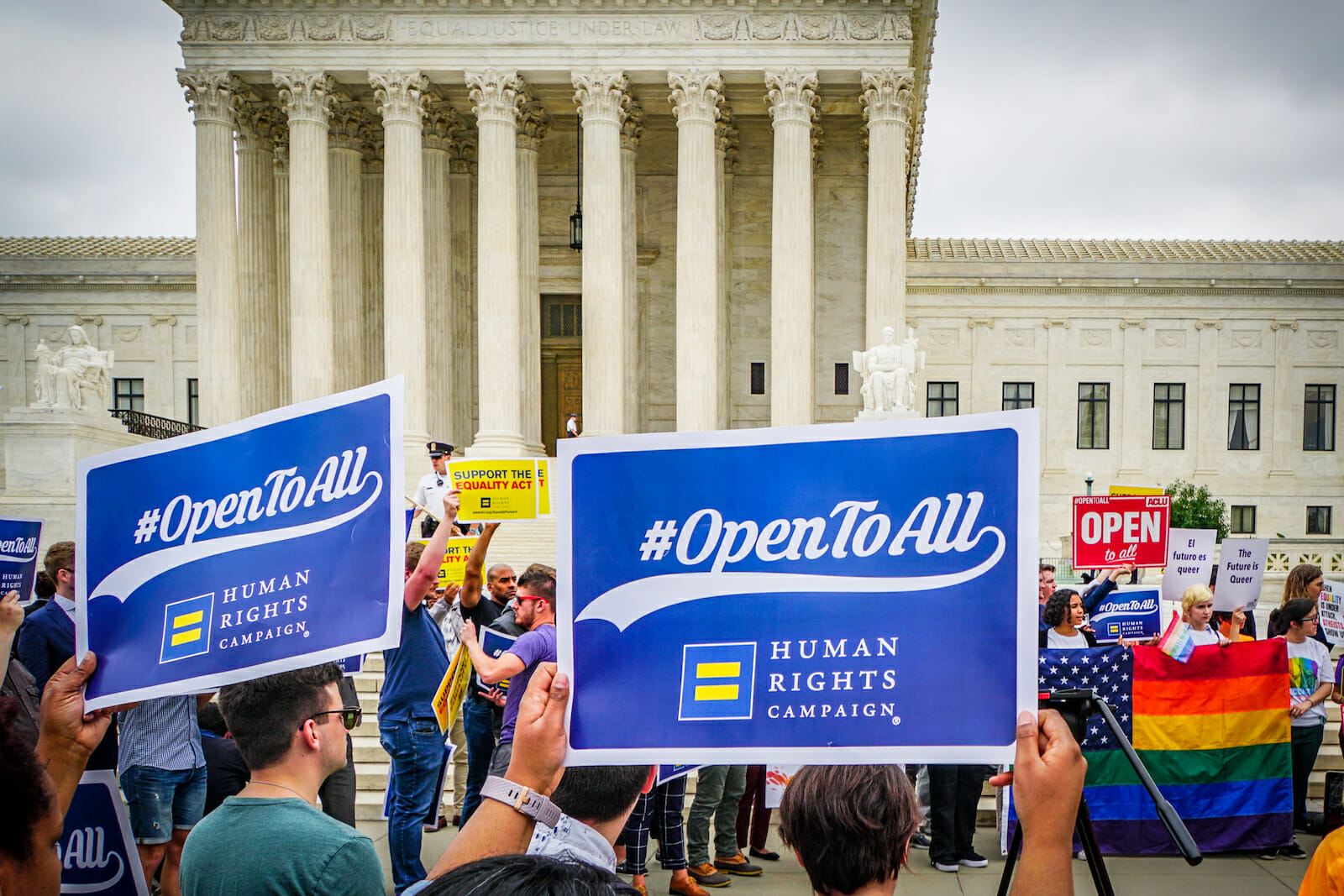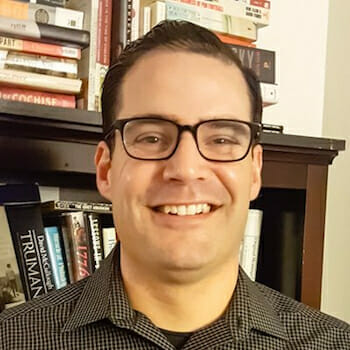
Culture
Tolerance is a Better Solution for the Wedding Cake Case
Rejection is a common, often innocuous, experience that occurs in all stages of life. But rejection becomes discriminatory and socially corrosive when based on immutable human characteristics such as race, ethnicity or gender.
To combat discrimination, Congress has passed several laws- most notably the 1964 Civil Rights Act- that prohibit private entities from refusing to conduct business based on identity.
There are similar protections for religious discrimination. Acutely aware of the dangers of faith-based persecution, the Founding Fathers penned the 1st Amendment, which includes a clause that prevents any law from silencing religious expression. While the primary goal of this clause is to protect religious minorities, it implicitly calls for tolerance of the many viewpoints that reflect the American people.
That implication of tolerance is, quite possibly, the necessary tonic for the controversy surrounding the baker who refused to make a wedding cake for a gay couple in 2012. Heard by the US Supreme Court on December 5th, the case centered on a small set of undisputed facts. Unable to marry in Colorado (the state had yet to legalize gay marriage), Craig and David Mullins traveled to Massachusetts for their ceremony.
Upon returning to Colorado for the reception, they were referred to Masterpiece Cakeshop, a bakery owned by Jack Phillips. The couple met with Phillips to discuss their reception cake, but the owner ended the meeting after just 20 seconds. Phillips said that, based on his religious beliefs, he did not make wedding cakes for same-sex couples.
Offended by Phillips’ refusal, the couple sued under Colorado’s public accommodations law that prohibits discrimination based on sexual orientation. The state civil rights commission ruled in favor of the couple, and the appeals court upheld the decision.
Apart from his legal defense- centered on the 1st Amendment’s guarantee of free speech and religious expression- Phillips contends that he holds no animosity toward the Mullinses. Instead, Phillips asserts that as a follower of Jesus Christ, and under his belief that marriage is a heterosexual institution, he is precluded from contributing to the couple’s wedding reception.
Phillips also argued that his actions weren’t based solely on the couple’s sexuality. The Mullinses could have, Phillips said, bought any item in the store that was not wedding related. In essence, Phillips’ objection rests not with the nature of his customer, but toward his craft being used against his religious convictions.
Despite Phillips’ assertion that his actions carried no animus, the couple had every reason to be upset. After walking into the bakery, excited to choose their wedding cake, they left feeling “mortified and humiliated” when Phillips declared he would not serve them.
From the couple’s perspective, their sexual identity was Phillips’ sole rationale for denying them service. They could have, of course, found a more amenable baker. But the rejection, coupled with the protection of the anti-discrimination law, compelled them to take legal action.
Despite the parties’ competing viewpoints and legal arguments, Justice Anthony Kennedy found credibility on both sides as the Court heard the case.
During oral arguments, Kennedy voiced dual opinions of equality and religious tolerance. While questioning a lawyer from the Trump administration, which argued for Phillips, Kennedy asked whether a baker could put a sign in his window saying, “We do not bake cakes for gay weddings.” When the attorney said “yes,” Kennedy wondered aloud if that would be an “affront to the gay community.”
Later, though, Kennedy criticized the state commission that had ruled against Phillips. In its opinion, the commission referred to Phillips’ legal defense as “despicable,” prompting Kennedy to denounce the statement as “neither tolerant nor respectful of Mr. Phillips’ religious beliefs.”
Kennedy’s critique of the commission, along with his championing of gay rights (he wrote the majority opinion in the case that legalized same-sex marriage), are foundations for moving toward interpersonal reconciliation and away from reactionary discourse, as gay rights become an American institution.
In relation to the wedding cake case, both parties would have benefitted from developing a greater understanding of each other, outside of the context of a superficial business transaction.
The baker might have allotted more than 20 seconds for the couple, and used that extra time to learn about their lifestyle and character. The couple, on the other hand, could have done more to understand Phillips’ faith, and the likelihood that his convictions are not necessarily based on animosity toward homosexuals.
This proposal of ideological temperance and understanding creates an opportunity for more comprehensive discourse. With the sudden shift in opinion on sexual-orientation, some social conservatives may require time to understand the utility of gay rights, while progressives must learn that honoring disparate opinions ultimately supports their goal of acceptance.
With this in mind, the need for costly litigation to settle a wedding cake transaction shows that without measured political discussion, public discourse will remain at best irreconcilable, or at worst provide a legal weapon to punish and “vilify Americans who are unwilling to assent to the new orthodoxy.”

